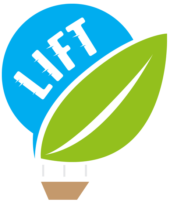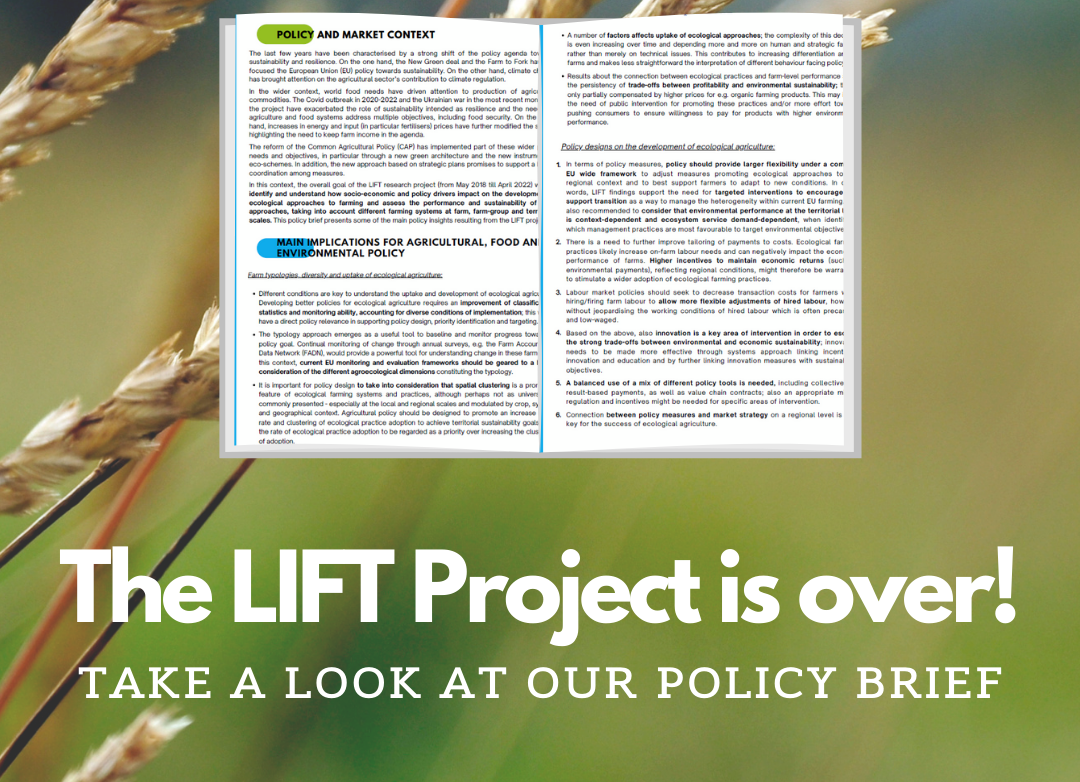BLOG: Policy Brief
The last few years have been characterised by a strong shift of the policy agenda towards sustainability and resilience. On the one hand, the New Green deal and the Farm to Fork have re-focused the European Union (EU) policy towards sustainability. On the other hand, climate change has brought attention on the agricultural sector’s contribution to climate regulation.
In the wider context, world food needs have driven attention to production of agricultural commodities. The Covid outbreak in 2020-2022 and the Ukrainian war in the most recent months of the project have exacerbated the role of sustainability intended as resilience and the need that agriculture and food systems address multiple objectives, including food security. On the other hand, increases in energy and input (in particular fertilisers) prices have further modified the scene, highlighting the need to keep farm income in the agenda.
The reform of the Common Agricultural Policy (CAP) has implemented part of these wider policy needs and objectives, in particular through a new green architecture and the new instrument of eco-schemes. In addition, the new approach based on strategic plans promises to support a better coordination among measures.
In this context, the overall goal of the LIFT research project (from May 2018 till April 2022) was to identify and understand how socio-economic and policy drivers impact on the development of ecological approaches to farming and assess the performance and sustainability of such approaches, taking into account different farming systems at farm, farm-group and territorial scales.
This policy brief presents some of the main policy insights resulting from the LIFT project and it is available here.

